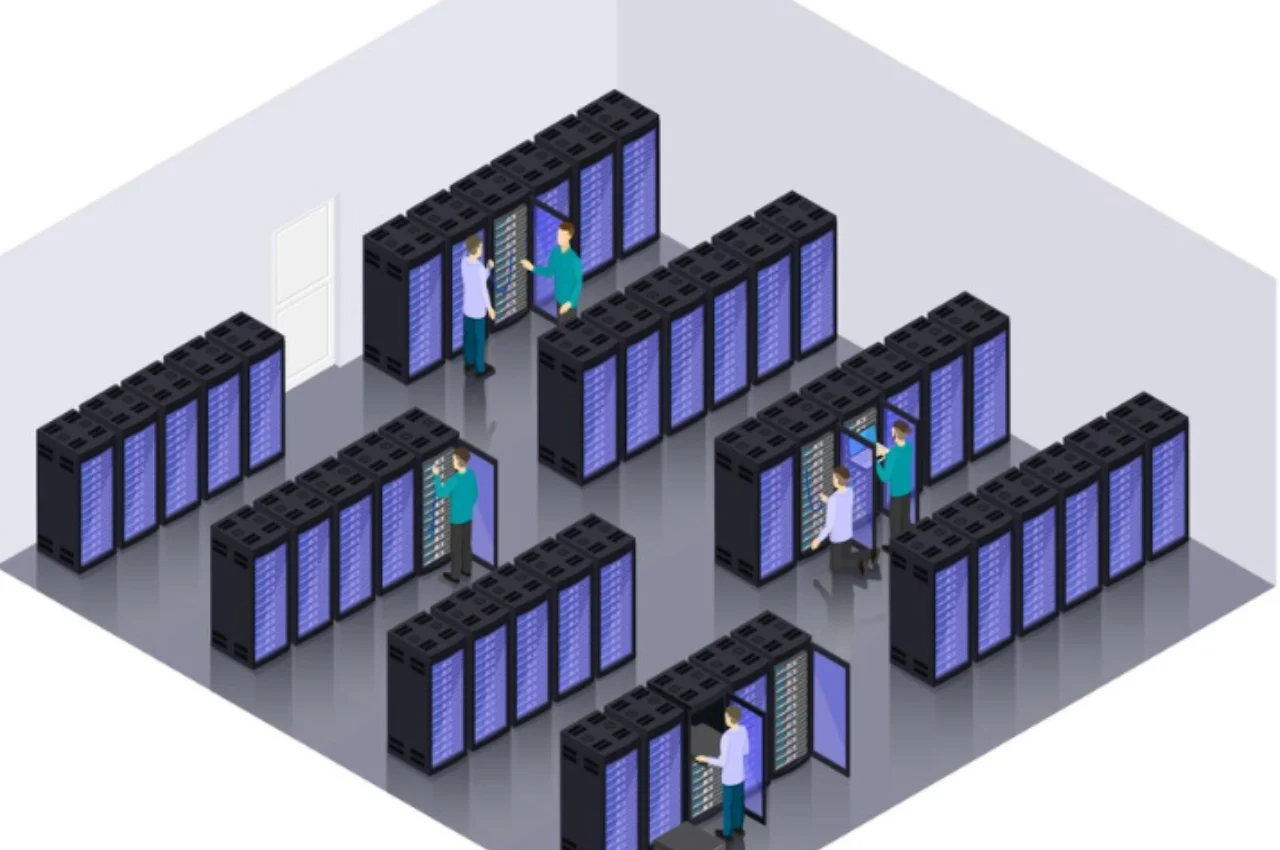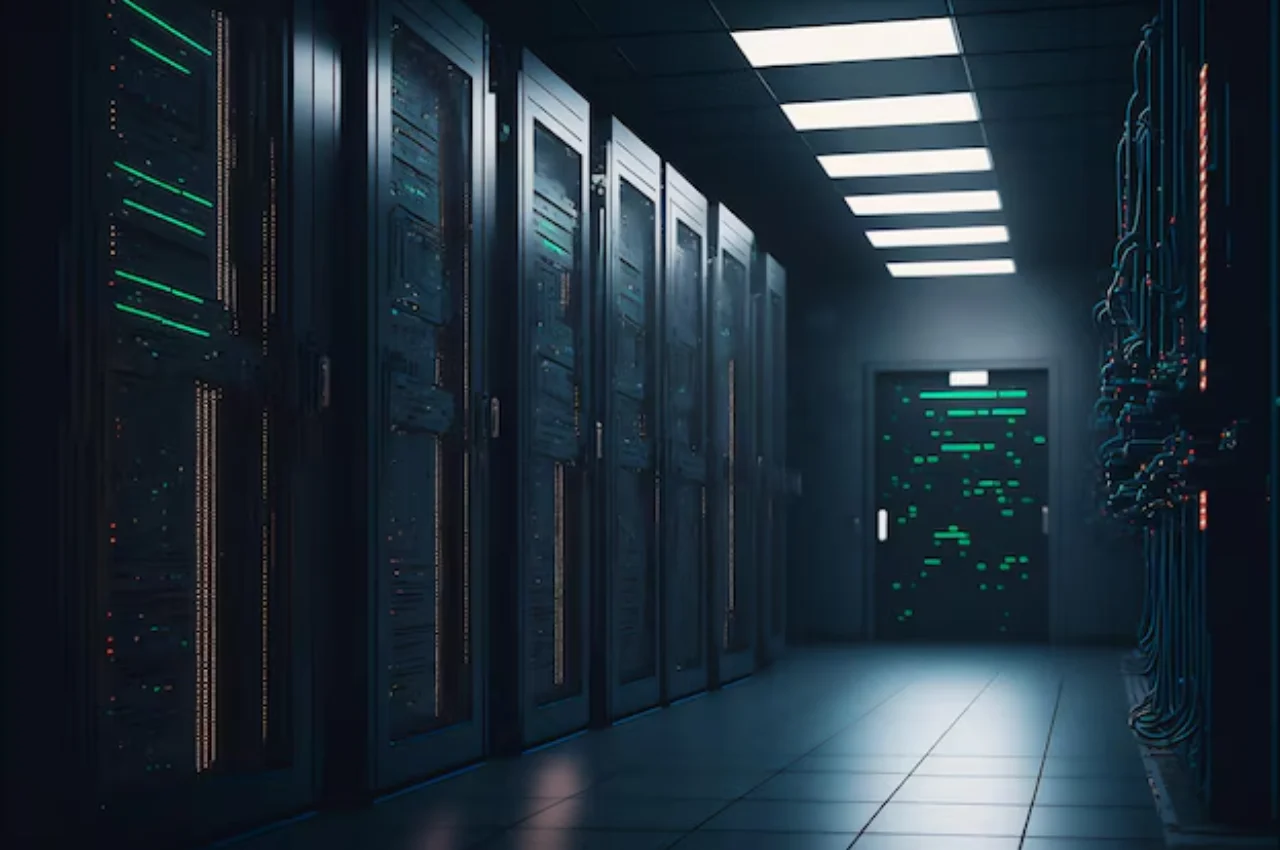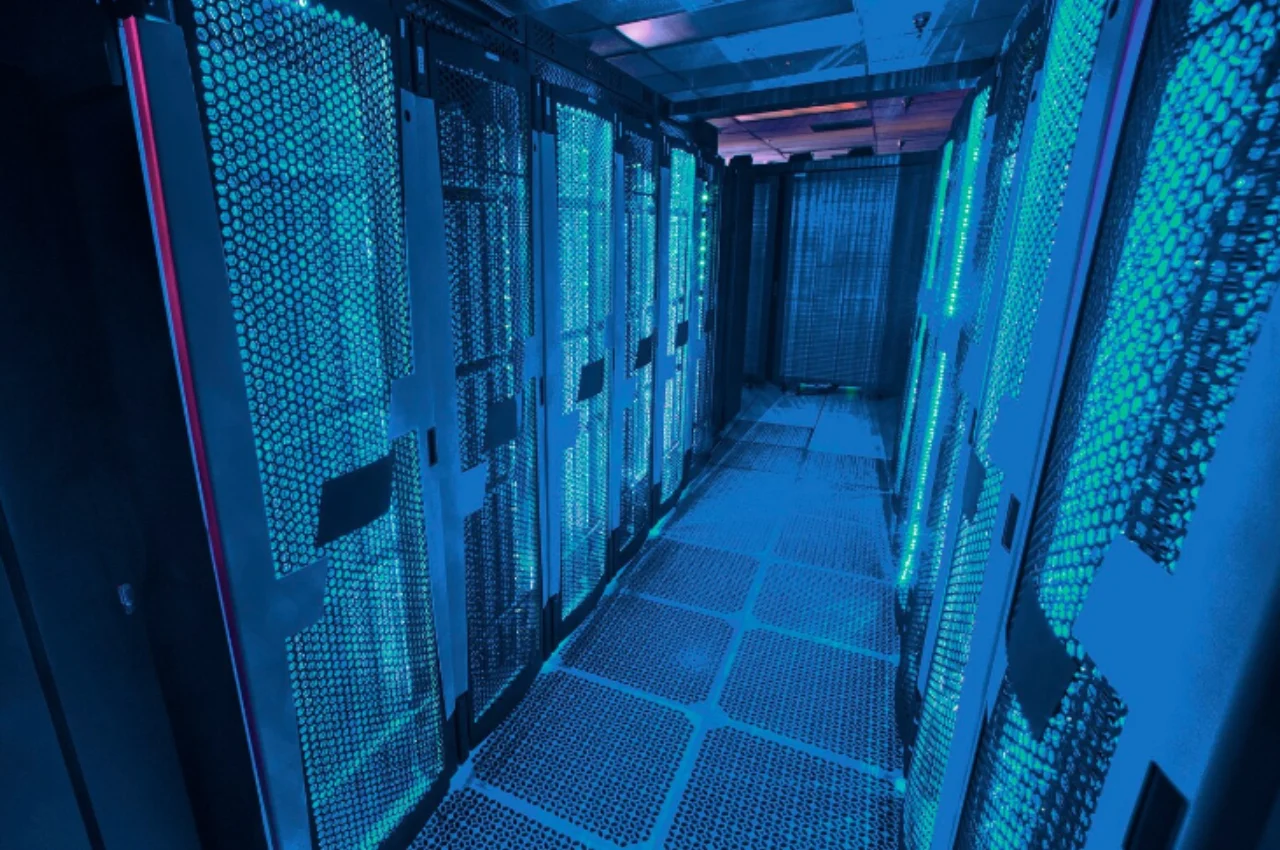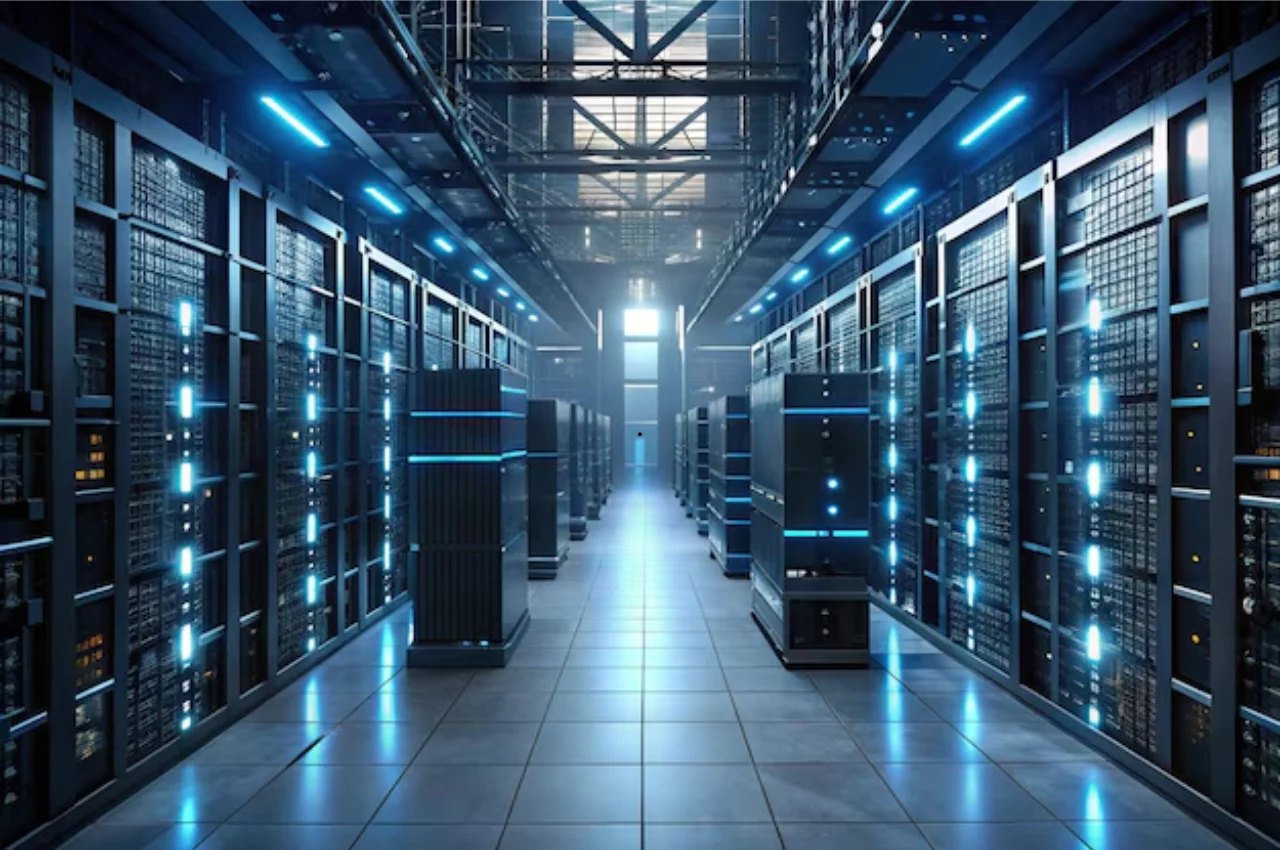Web hosting data centers are facilities that house servers and networking equipment to store website data. These centers provide the necessary infrastructure for websites to be accessible online.
Web hosting data centers play a crucial role in ensuring websites are secure, reliable, and have high uptime. They are equipped with advanced technology to handle large amounts of data and ensure fast loading times for websites. Datacenters are strategically located around the world to provide optimal performance and connectivity to users. By choosing a reputable web hosting provider with reliable data centers, website owners can ensure their online presence is well-maintained and secure.
Table of Contents
Evolution of Web Hosting Datacenters
The evolution of web hosting data centers has transformed the way websites are hosted and managed. From traditional hosting methods to modern data center solutions, the role of data centers has significantly impacted the efficiency, reliability, and security of web hosting.

From Traditional Hosting to Datacenter Solutions
Traditional hosting involved the use of individual servers, often located on-site, to host websites. As the demand for more robust and scalable hosting solutions grew, the transition to data center solutions became necessary. Datacenters offer a centralized location for hosting multiple servers, providing greater flexibility and redundancy.
Role of Data Centers in Modern Web Hosting
Datacenters play a crucial role in modern web hosting by offering reliable infrastructure, scalability, and enhanced security. With advanced technologies and redundant systems, data centers ensure that websites are accessible to users 24/7, without the risk of downtime. Additionally, data centers provide the necessary resources for hosting various types of websites, from small blogs to enterprise-level applications.
Key Components of Web Hosting Datacenters
Web hosting data centers are crucial for ensuring the smooth functioning of websites and online applications. These data centers are equipped with key components that are essential for their operations, including hardware infrastructure, network connectivity, and security measures.
Hardware Infrastructure
The hardware infrastructure of a web hosting datacenter encompasses the physical equipment and devices that support the hosting environment. This includes servers, storage systems, cooling systems, and power supply units. These components are meticulously organized and maintained to ensure optimal performance and reliability.
Network Connectivity
Network connectivity is a critical aspect of web hosting data centers, as it enables seamless communication and data transfer between servers, devices, and the outside world. These data centers are equipped with high-speed internet connections, routers, switches, and other networking devices to facilitate efficient data transmission and accessibility.
Security Measures
Security measures are of utmost importance in web hosting data centers to safeguard against unauthorized access, data breaches, and cyber threats. These measures include firewalls, intrusion detection systems, access controls, and surveillance systems. Additionally, physical security protocols such as biometric access control and surveillance cameras are implemented to protect the data center premises.
Types of Web Hosting Data Centers
Web hosting data centers are crucial for storing and managing website data. There are three main types of web hosting datacenters: Shared Datacenters, Dedicated Datacenters, and Cloud Datacenters.
Shared Datacenters
Shared data centers host multiple clients’ data and applications on the same physical infrastructure. This approach offers cost savings, efficient resource utilization, and easy scalability. However, it also requires robust security measures to ensure data privacy and prevent unauthorized access, as resources are shared among various users.
Dedicated Datacenters
Dedicated data centers are facilities solely dedicated to housing servers and IT infrastructure for a single organization. They offer enhanced security, reliability, and control over resources compared to shared or cloud-based hosting solutions.
Cloud Datacenters
Cloud data centers are large facilities housing numerous servers that store and manage vast amounts of data. They offer scalable computing resources, enhanced security, and reliable performance for businesses. Utilizing cloud data centers, companies can efficiently handle data storage, processing, and access, ensuring flexibility and cost-effectiveness.

Importance of Datacenter Location
Web hosting data centers are facilities specifically designed to house servers and IT infrastructure for hosting websites and applications. They play a pivotal role in ensuring websites are accessible online, providing storage, security, and network connectivity. The location of these data centers impacts website performance, as proximity to users reduces latency. Datacenters also comply with industry standards for data security and reliability, making them crucial for businesses relying on a stable and efficient online presence.
Proximity to Target Audience
The location of a web hosting data center plays a crucial role in determining the performance and accessibility of a website.
Legal and Compliance Considerations
The center location is vital for ensuring compliance with data protection laws and regulations.
Challenges in Web Hosting Data Centers
Web hosting data centers are facilities that house servers and other computing equipment that store website data and make it accessible to users around the world. However, managing and maintaining these data centers can present a number of challenges that web hosting providers must overcome to ensure reliable and secure service. Here are some of the most common challenges that web hosting data centers face:
Scalability Issues
One of the biggest challenges that web hosting data centers face is managing scalability. As the number of websites and users grows, data centers must be able to handle the increased traffic and demand for resources. This can require significant investments in equipment, infrastructure, and personnel. Additionally, data centers must be able to scale quickly and efficiently to accommodate sudden spikes in traffic or usage.
Data Security Risks
Data security is another major challenge for web hosting data centers. With sensitive user information and valuable data stored on their servers, data centers must be able to protect against a wide range of threats, including hacking, malware, and physical damage. This requires robust security protocols and ongoing monitoring and maintenance to identify and address potential vulnerabilities.
Future Trends in Web Hosting Data Centers
Web hosting data centers play a crucial role in ensuring websites and applications run smoothly and efficiently. As technology evolves, future trends in web hosting data centers are shaping the way data is managed and processed. Let’s explore some of the emerging trends in web hosting data centers that are set to revolutionize the industry.

Edge Computing
Edge computing is a trend in web hosting datacenters that involves processing data closer to where it is generated. This reduces latency and improves performance for users accessing websites and applications. By decentralizing data processing, edge computing enhances the overall user experience.
Sustainable Datacenters
Sustainable data centers are becoming increasingly important in the web hosting industry. These data centers focus on reducing energy consumption and carbon emissions, making them more environmentally friendly. Implementing sustainable practices in data centers is not only beneficial for the planet but also reduces operational costs for businesses.
Conclusion
Web hosting data centers are the foundation of the internet, providing storage space, bandwidth, and speed for websites to operate. Choosing the right data center location for your website can improve loading times and increase user engagement. It’s important to consider factors such as security measures, uptime guarantees, and customer support when selecting a web hosting provider.
By understanding what web hosting data centers are and how they impact your website’s performance, you can make an informed decision to ensure a successful online presence.


